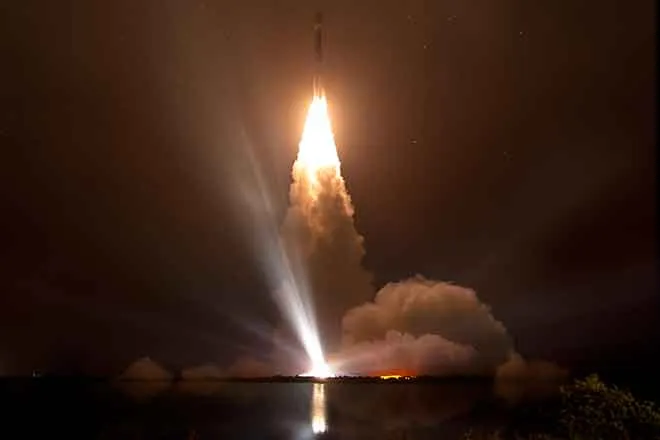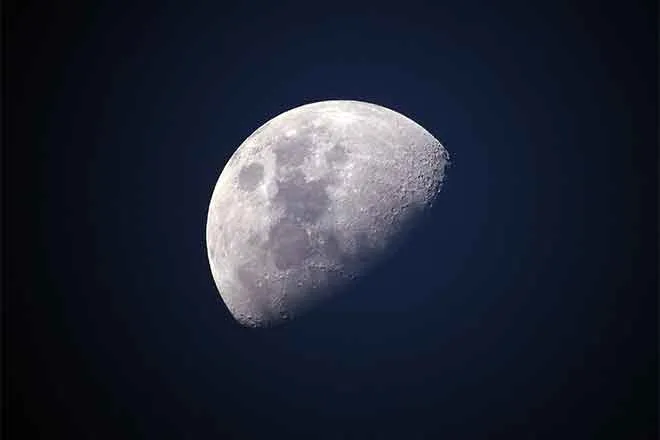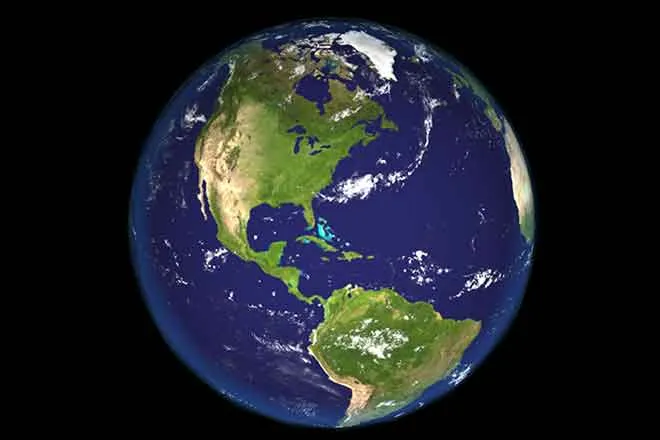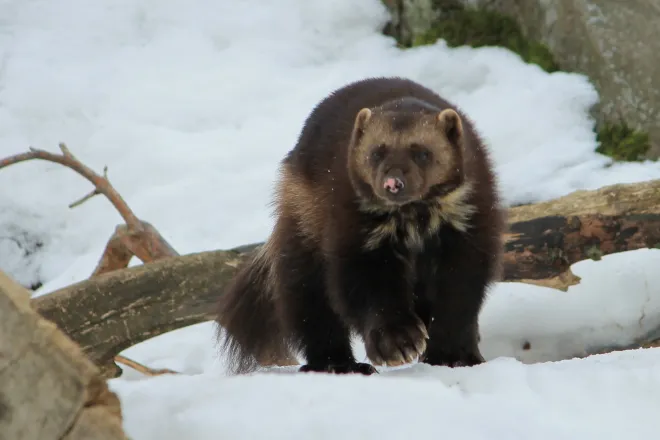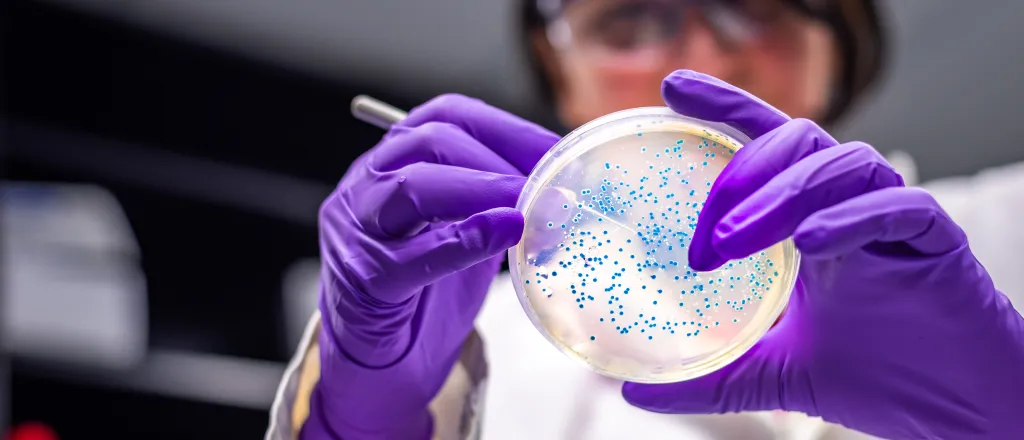
CSU wants Coloradans’ gunk and goo to help fight climate change
© Manjurul - iStock-1131003688
Click play to listen to this article.
The slime, gunk, and goo in and around your home could help mitigate climate change.
Researchers at Colorado State University are asking Coloradans to join the search for micro-organisms known as extremophiles that survive in extreme environments, such as cold air conditioners, hot water heaters, and dishwashers that alternate between dry and wet.
Sarah Newman - the director of operations for CitSci.org at CSU's Natural Resource Ecology Lab - said microbes are nature's alchemists.
They can take almost any chemical or compound, and turn it into something else to survive.
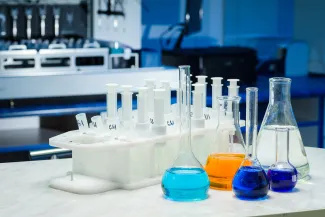
© iStock - posonsky - 1310166610
"For climate change, we are interested in organisms that can take CO2 out of the air," said Newman, "and that might be able to help us with carbon capture in new and novel ways at scale."
Scientists found one microbe with an appetite for carbon living in volcanic vents under the Aegean Sea.
The bacteria nicknamed Chonkus converts CO2 into food through photosynthesis, like plants do, but at much higher rates.
Newman encouraged anyone interested to send photos of weird things growing in and around the home through the Extremophile Campaign's website. CitSci.org is spelled like citizen scientist.
Newman noted that efforts to find and harness new microbial carbon sinks shouldn't be seen as a stand-in for other actions, including ending the use of fossil fuels driving climate change.
But she said she believes biology has a role to play.
"If there are ways that we can help facilitate the removal of carbon at a faster rate with some of these new ideas, then that is an additional piece that we can add to the puzzle."
The campaign was officially launched last October, and Newman said the idea of joining a crowd-sourced science project to help address climate change has struck a chord.
"And since then, the response has been really incredible from people from all over the U.S." said Newman. "We've had 136 people sign up to be a part of the project, and have sent in over 103 samples."

